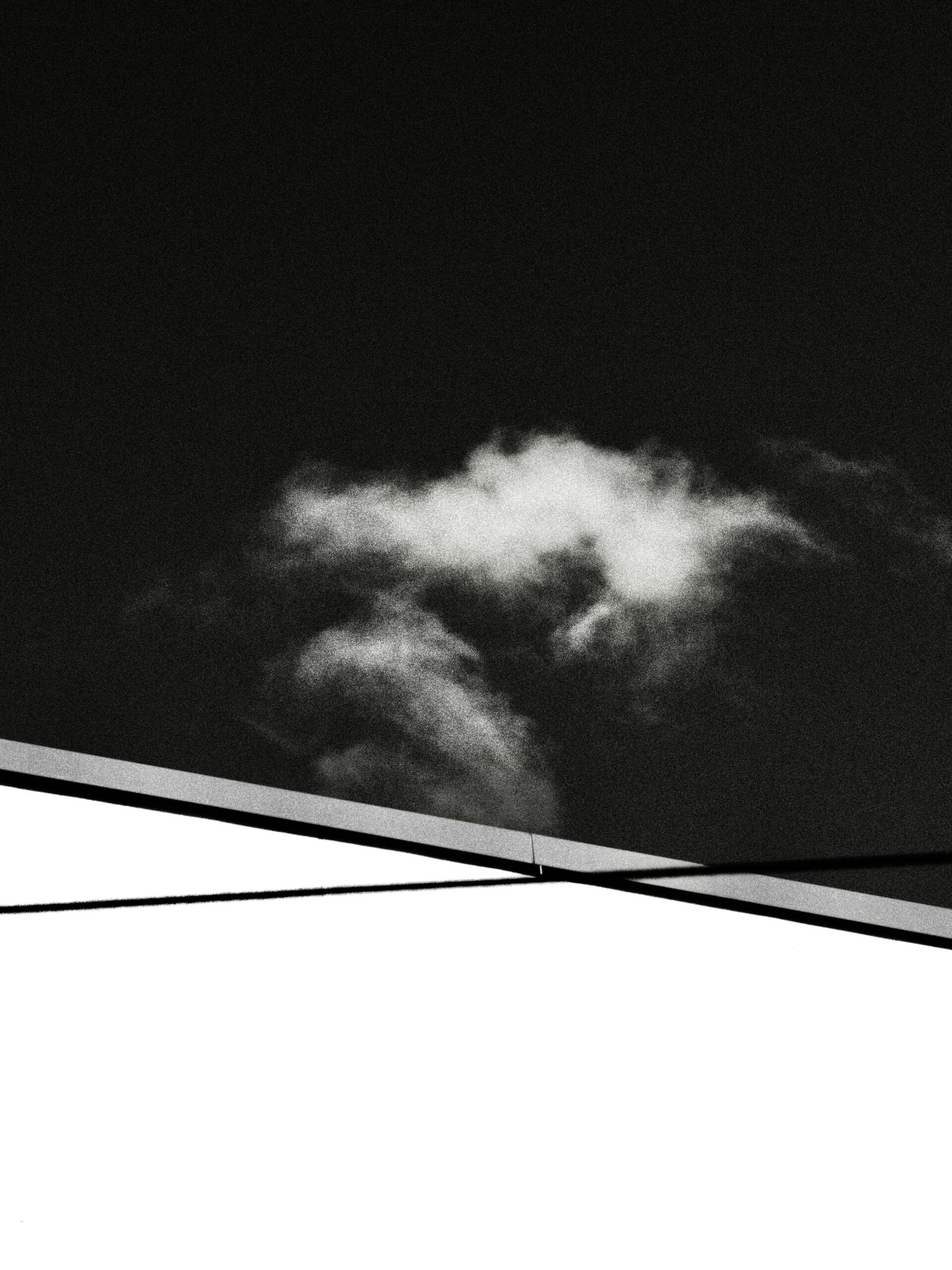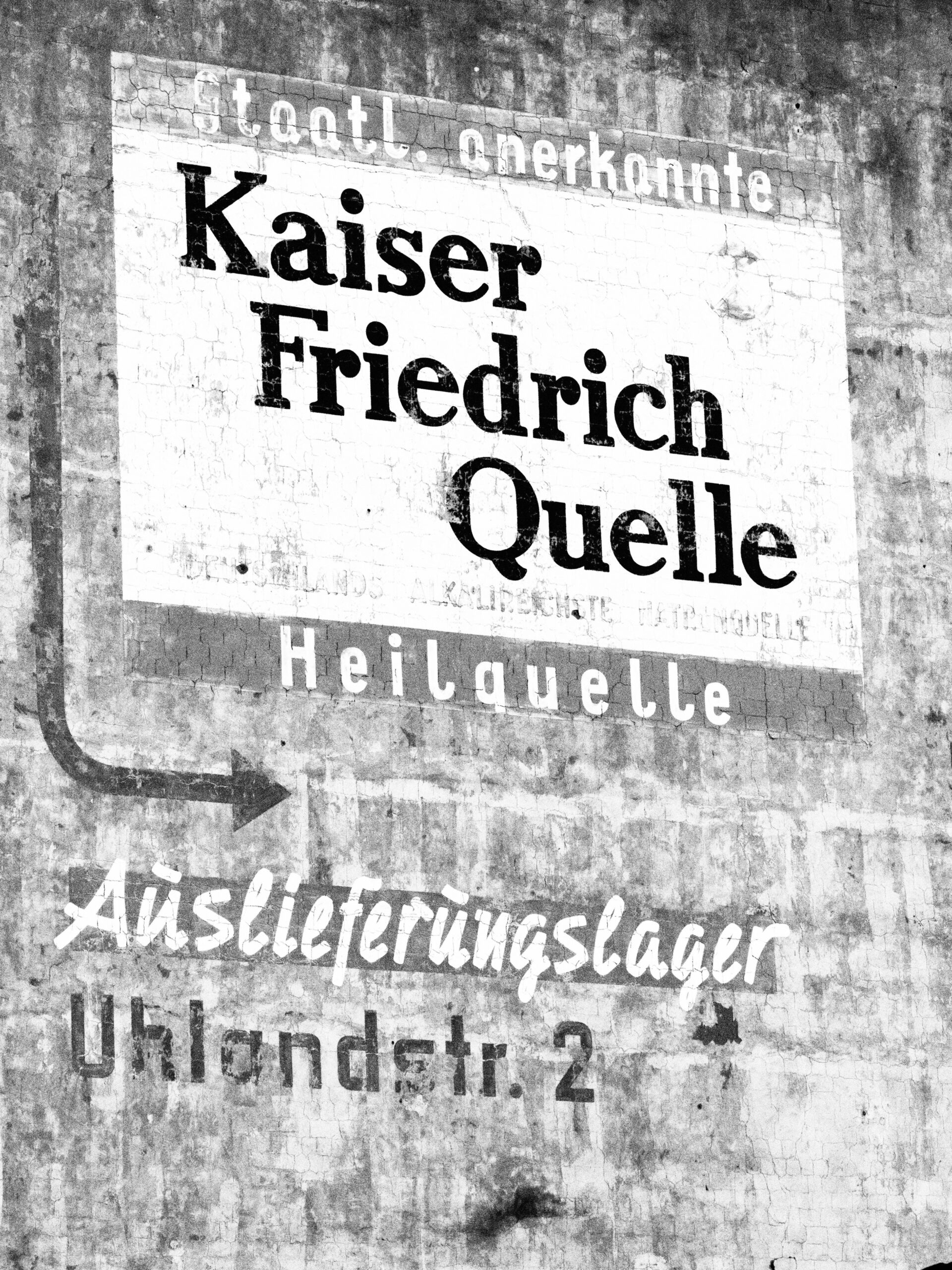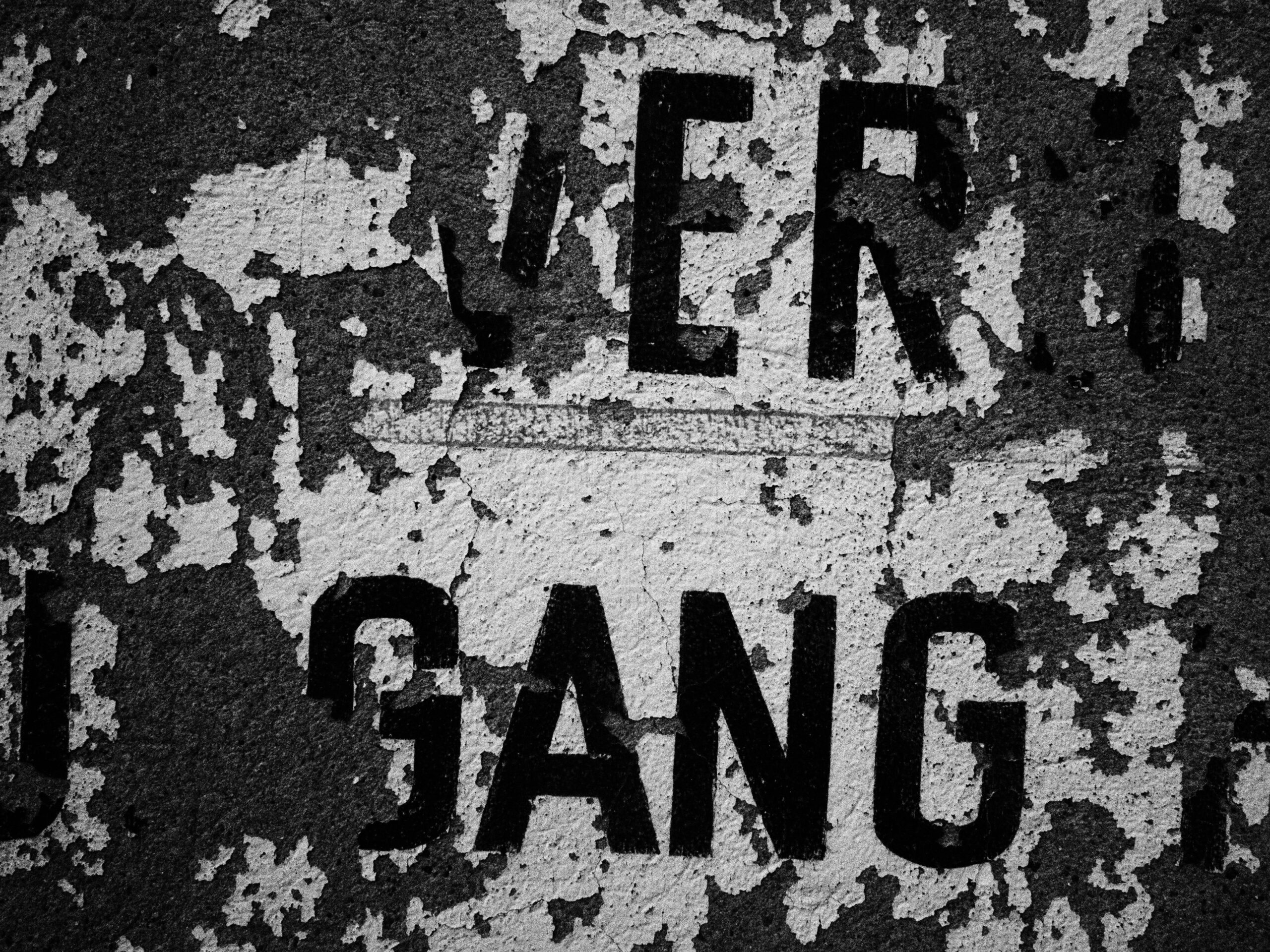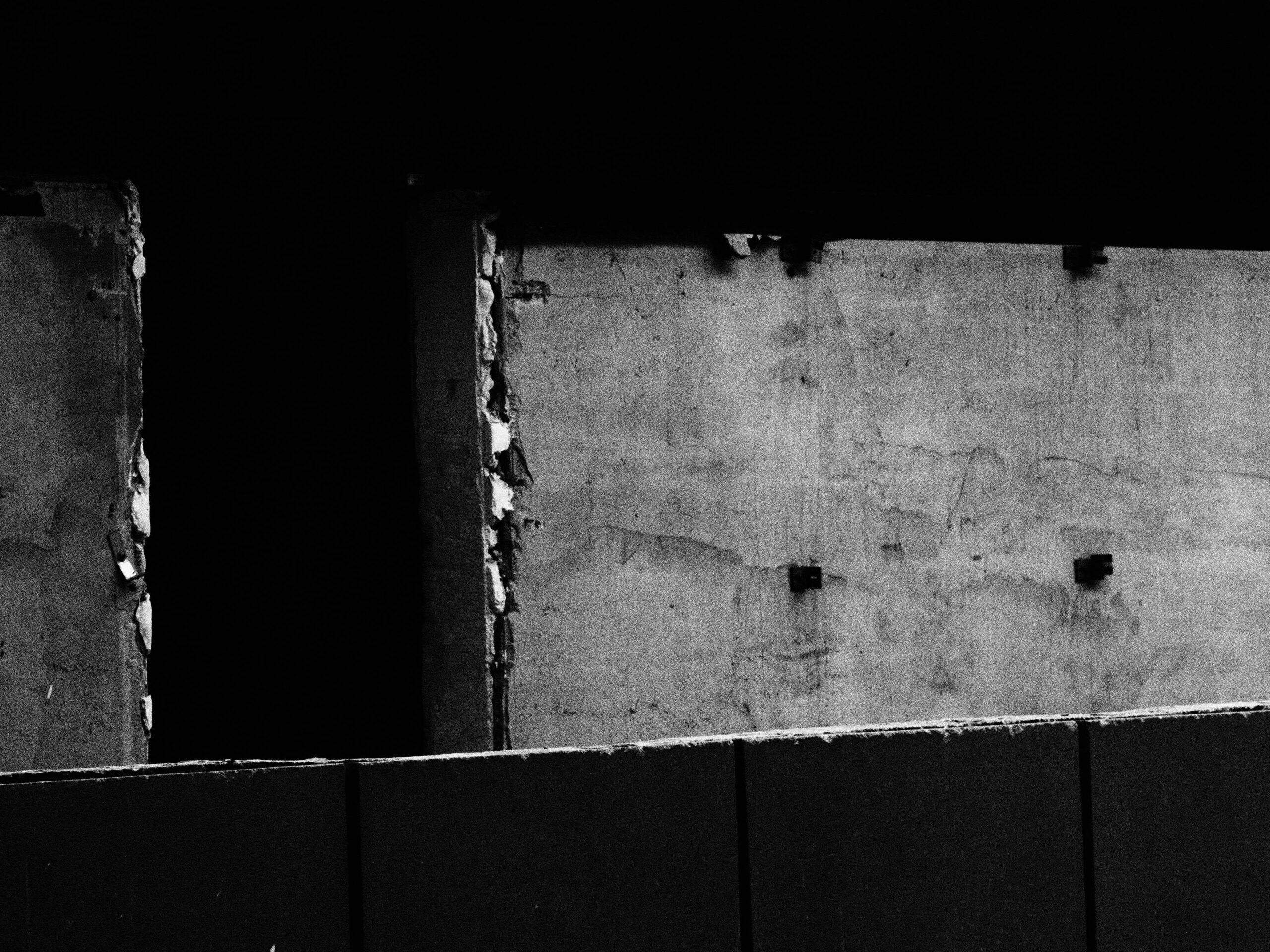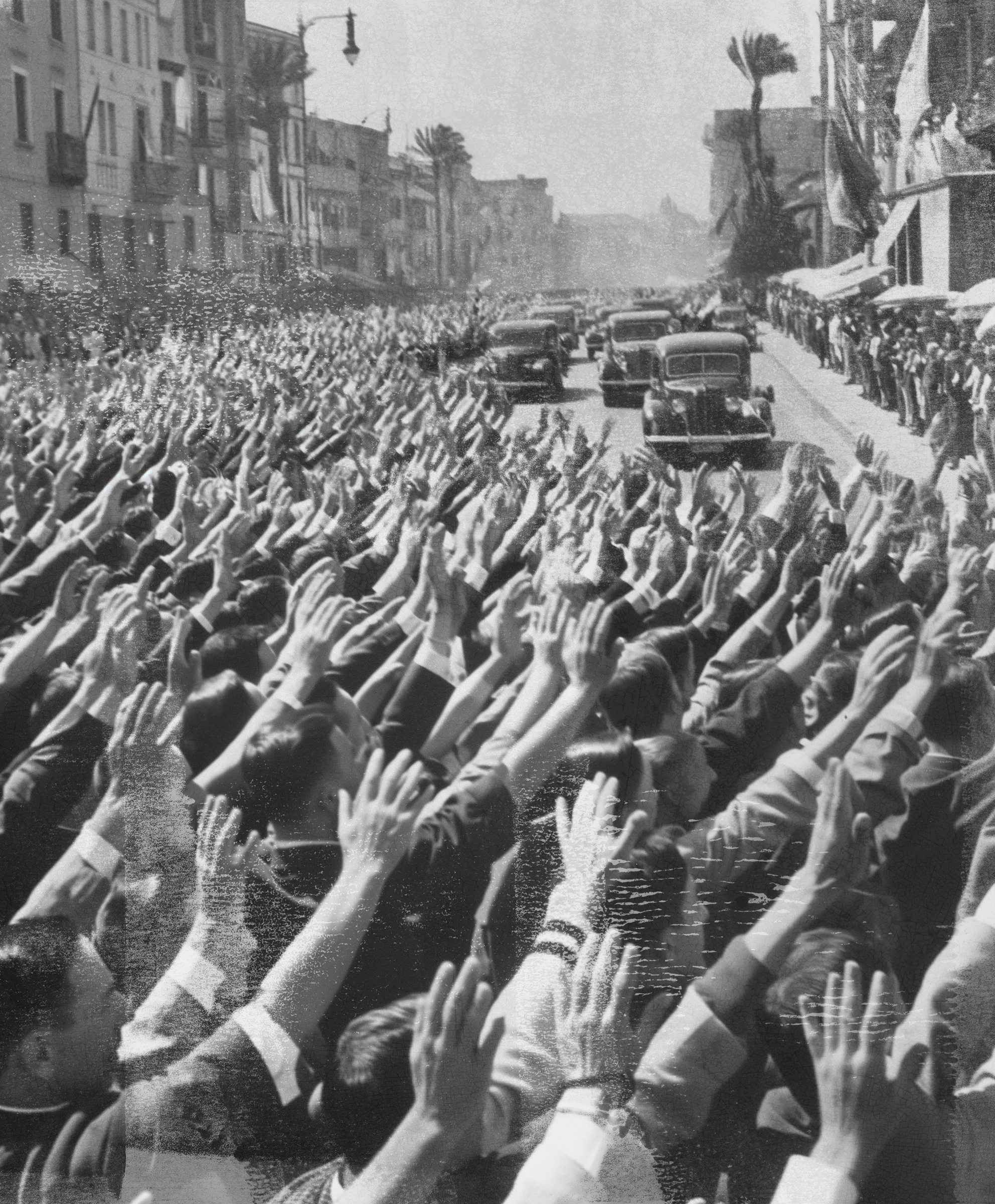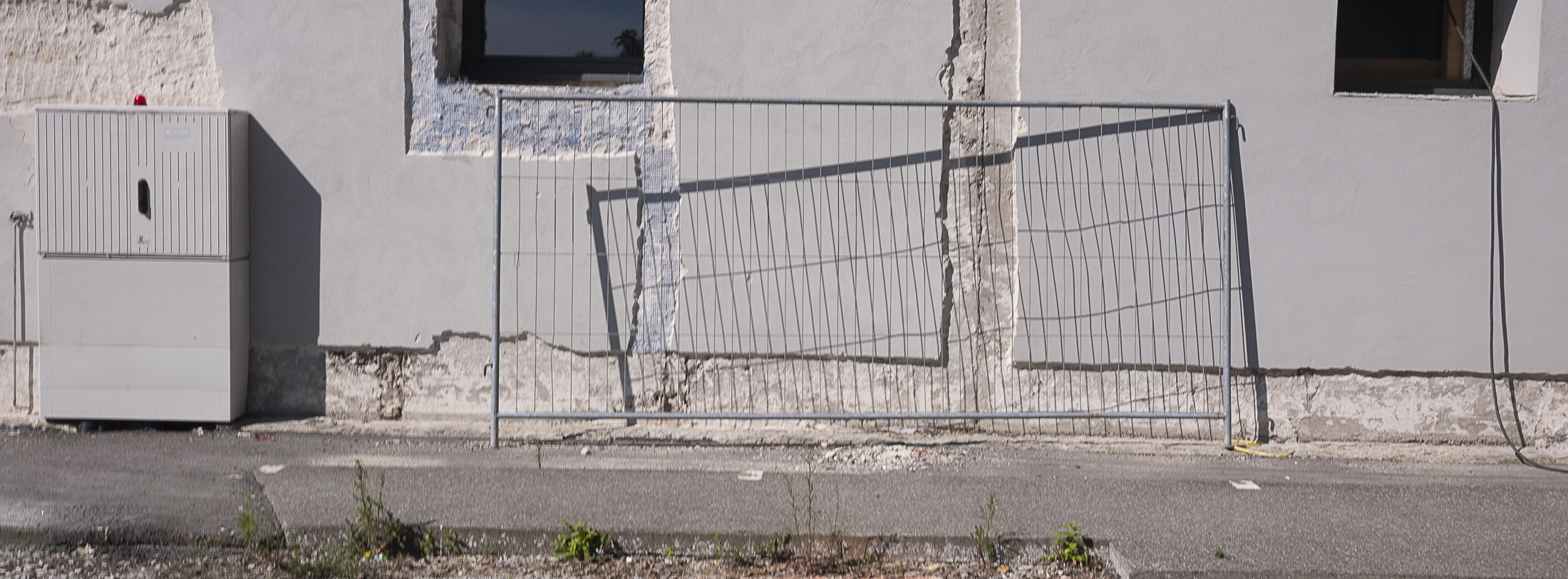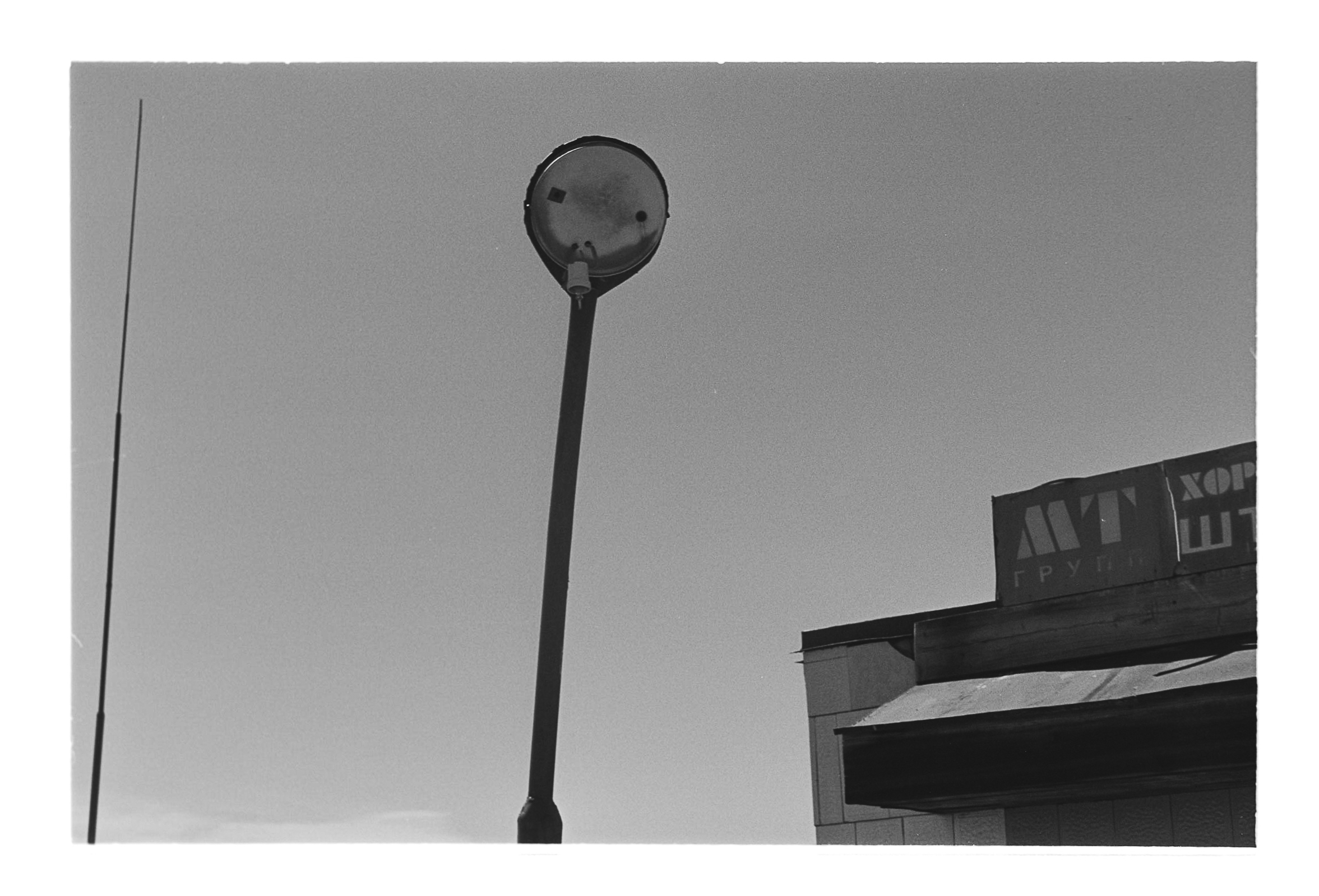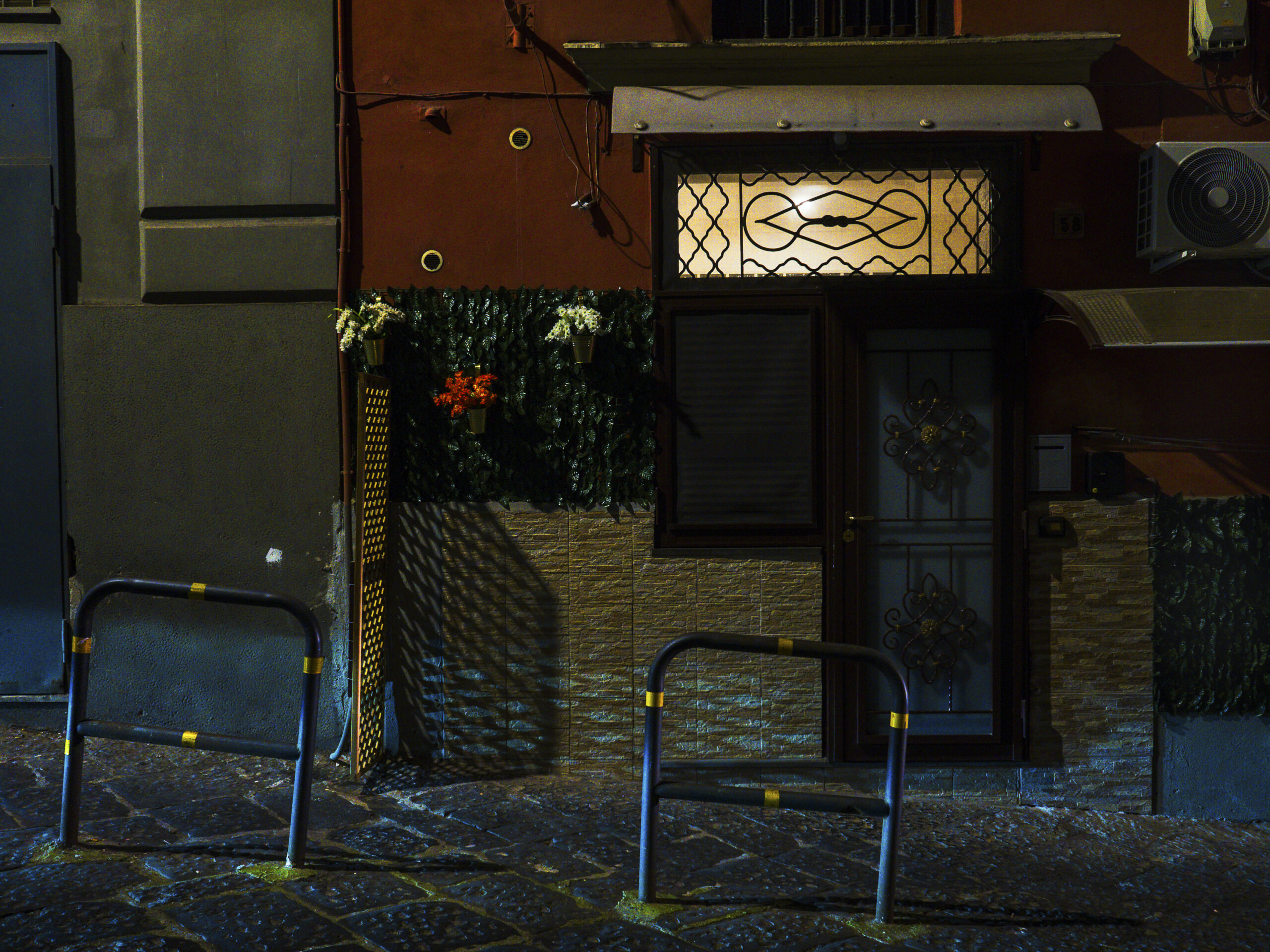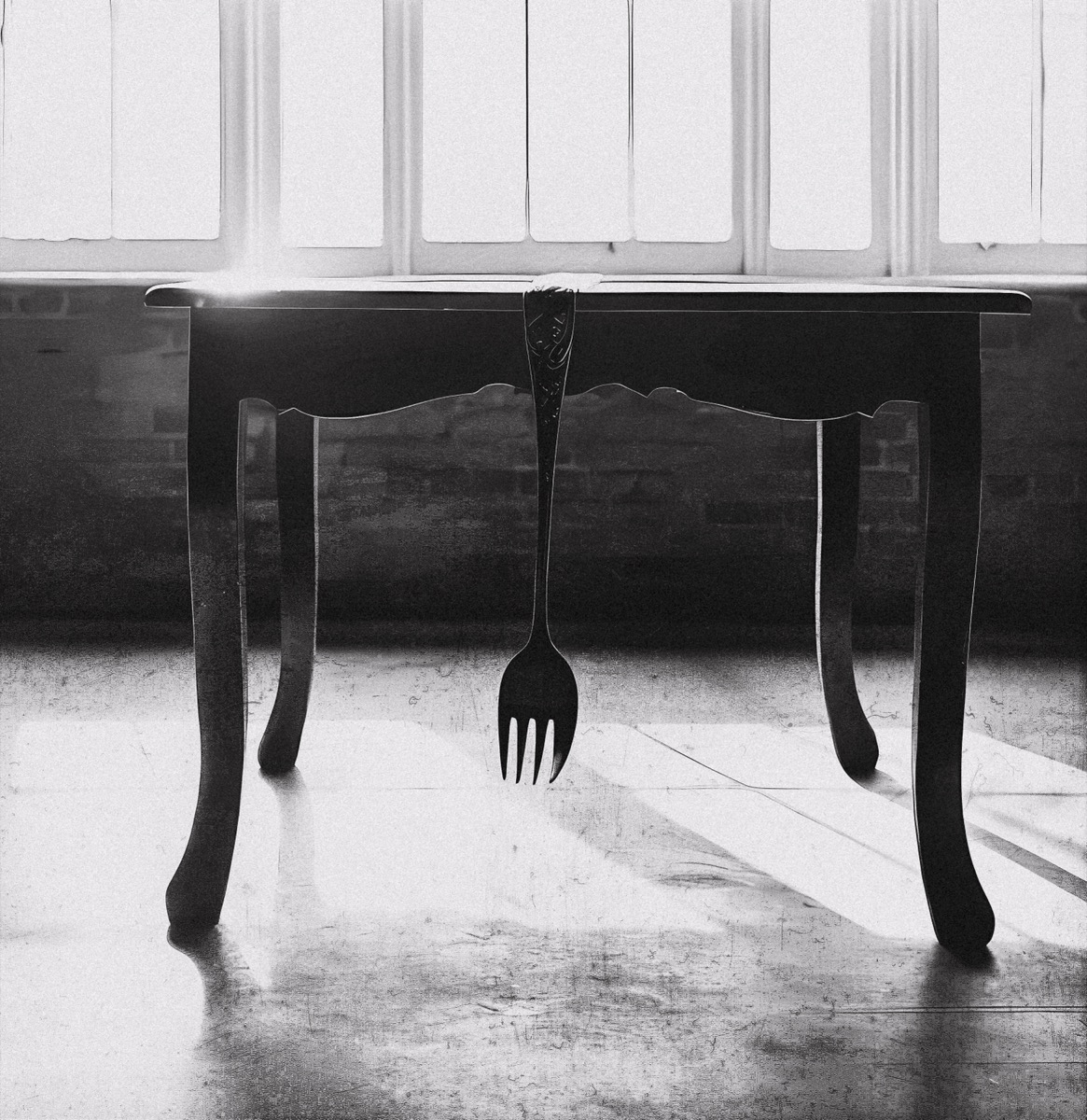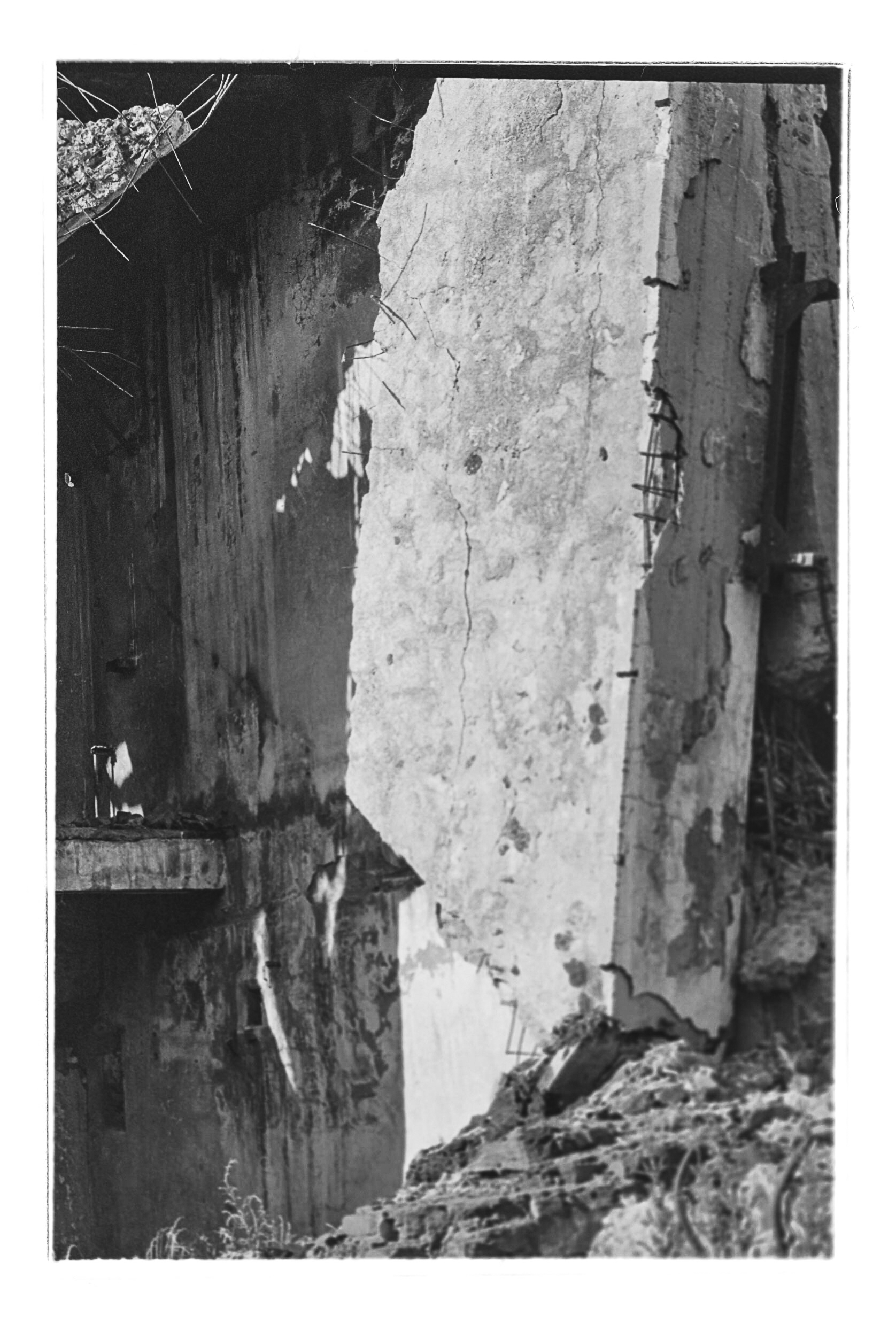
Mongolia, August 2022
Compartmentalization is a good point: sometimes it’s simply a psychological necessity to suspend your emotional response and move into a purely functional state, otherwise, you just break down and weep. How much of this “suspended state” is the normal way photography works: Daido Moriyama calls it his “Hunter”-instincts, Stephen Shore escapes into a cold, scientific stare and calls it “Solving Pictures”. When Nakahira says “Photography needs to stop being art. It needs to stop expressing feelings. When it is completely a record, it can be something”, he means “I have to stop feeling”, he wants to turn himself into a photographic machine: and ends up burning all his negatives and drinks himself into a coma… The “Tetsuo”, the “Iron Man” is a very Japanese/photographic way of operating…
And the other way becomes increasingly difficult: the issues of representation, the consciousness about the social contract of photography – all that baggage of being a sentient, social human being can bring photography to a grinding halt and freeze your finger over the shutter, so is it necessary to become a photographic monster (like Diane Arbus most certainly was…) to get anything done at all?!
